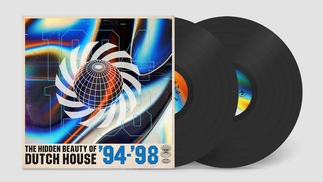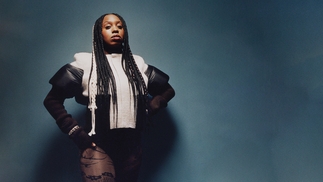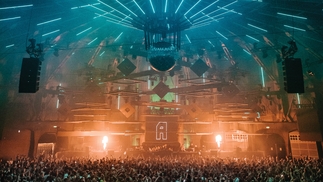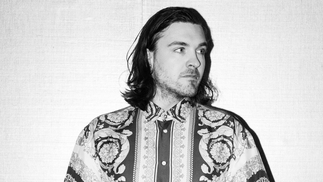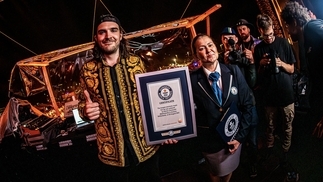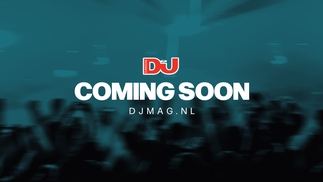Dutch clubs and bars to require ‘corona’ pass for entry as government eases restrictions
Most pandemic regulations are expected to be dropped by Saturday 25th September
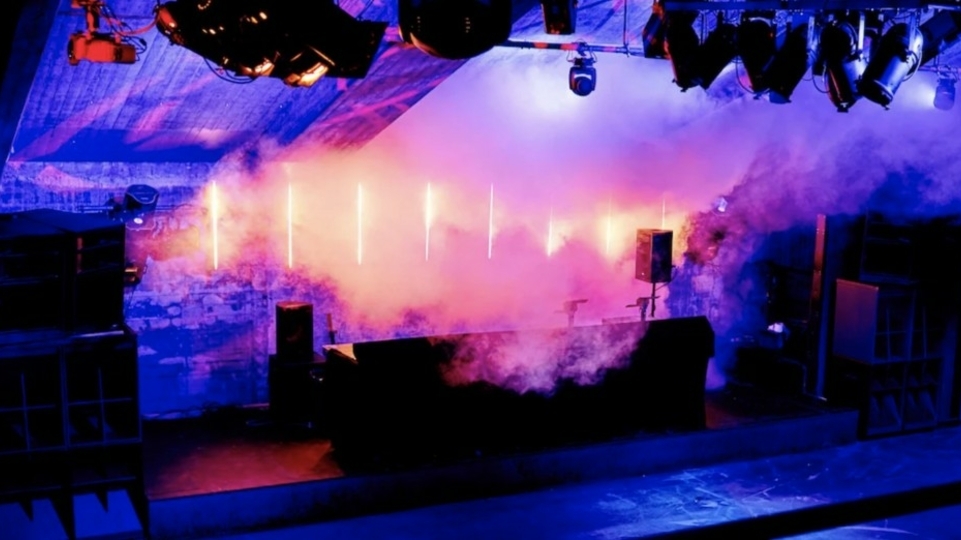
Dutch clubs and bars will need to implement a 'corona' pass scheme for entry, it has been announced.
From 25th September the Dutch government plans to drop most social distancing requirements, but a new system will be implemented to check members of the public for proof of vaccination against COVID-19. Clubs and other venues will be allowed to operate again from this date, however alongside the new door policies there will also be a curfew in place between midnight and 6AM.
"I am happy that we today can announce that we can scrap social distancing as an obligation everywhere starting on Saturday, September 25," Prime Minister Mark Rutte said in a press conference, emphasising the public will be advised to continue keeping their distance to limit the risk of viral transmission. Mask wearing in schools and on public transport will also still be required, and people are being told to continue working from home where possible.
"It means that in some places you will be able to show that you either have been vaccinated or that you have had corona and are immune because of that, or that you have been tested negative in the past 24 hours," he continued. The new scheme will apply to anyone aged 13 and over, with restaurants, drinking establishments, concert venues, clubs, cinemas, and museums covered by the initiative.
Currently, more than 70% of the Netherlands population — around 12.6million people — have received at least one dose of an approved vaccine. 65% are now fully vaccinated, according to official numbers. This is a significant increase compared to when the country last attempted to remove restrictions, on 26th June, which led to a dramatic 500% increase in infections. Verknipt festival in Utrecht is believed to have resulted in 1,000 new cases of coronavirus alone.
Clubs were again ordered to close in July, with festivals limited to a single day and a capacity of 750. Since then, Dutch promoters, artists, venue owners, and party-goers have been vocal in their opposition to the ongoing restrictions. Unmute protests have been held across the country pushing back against festival and event bans. One march in Amsterdam on 11th September reportedly drew a crowd of 80,000. Indoor venues had been told they would not open again until early November, although this has now changed to allow some events from 25th September.
As a result of these issues, AMF, the largest date in the annual ADE calendar, has been cancelled, but many other scheduled events are still going ahead at the time of writing, with the world's largest electronic music festival running from 13th - 17th October, albeit with a reduced programme compared to pre-pandemic years.
“Although as of now a limited number of events have unfortunately been forced to cancel, plenty of organisers are still willing to go forward to have an amazing ADE Festival this year,” said ADE co-director Jan-Willem van de Ven.
"Ever since the press conference, we have been overloaded with messages from organisers willing to do everything they can to push forward with their events within the current measures," added co-director Meindert Kennis. "And we want to do everything we can to support them in their efforts to get the live industry moving again.”
